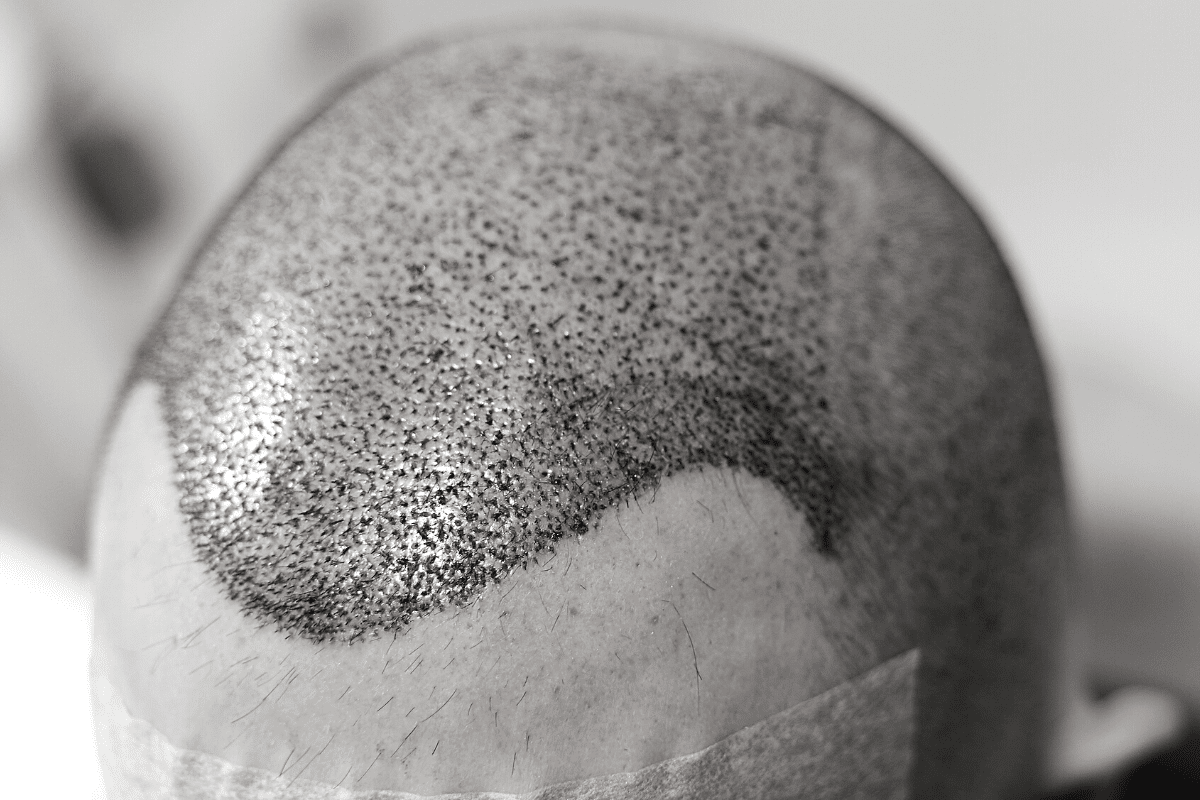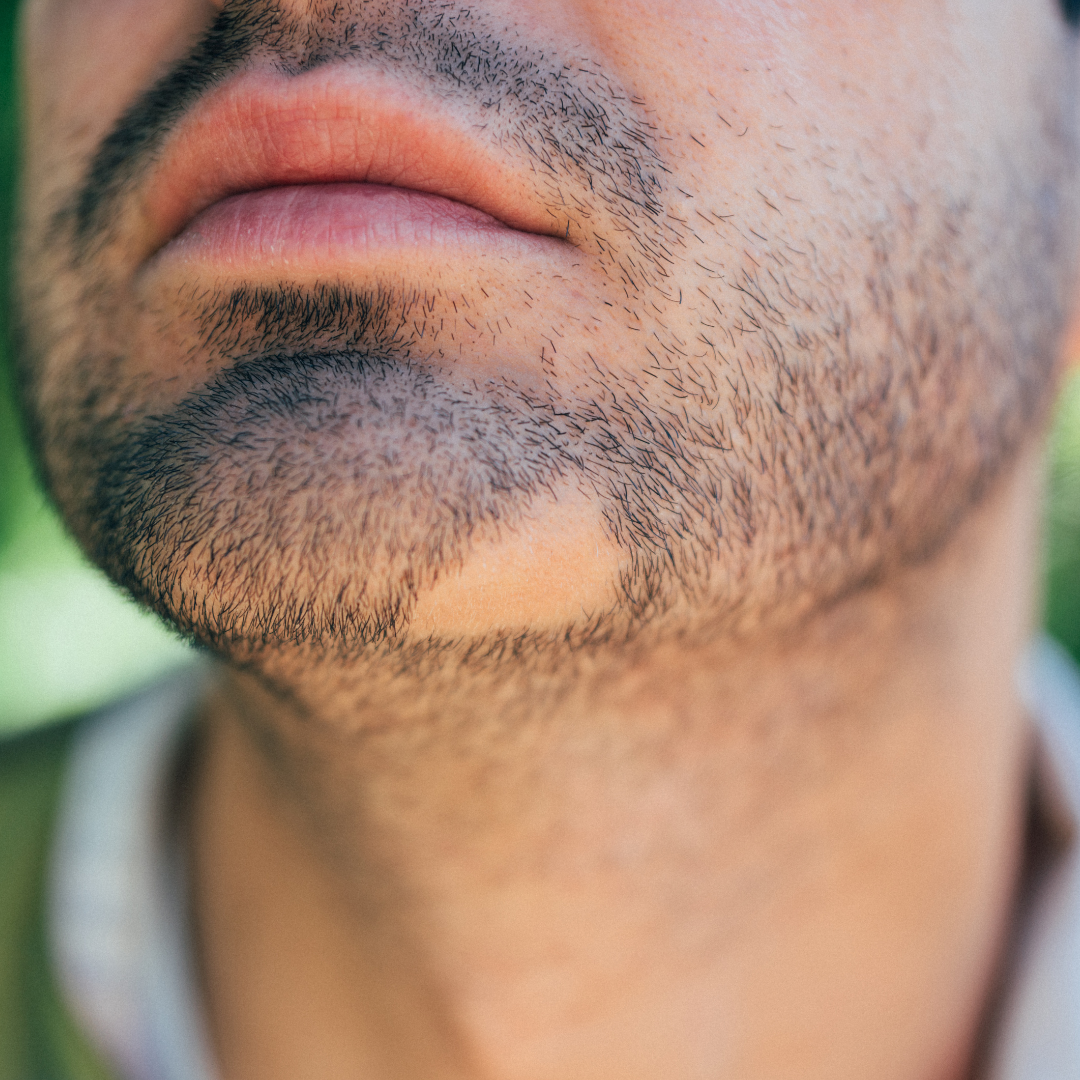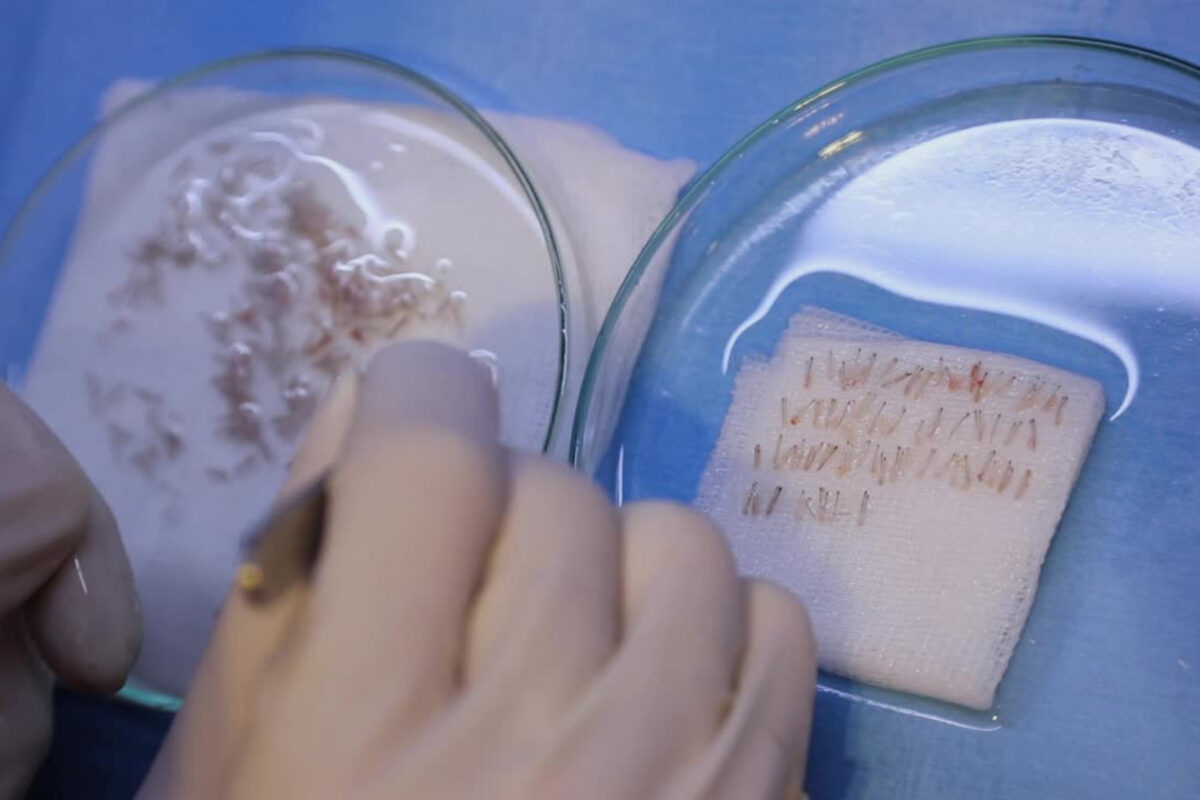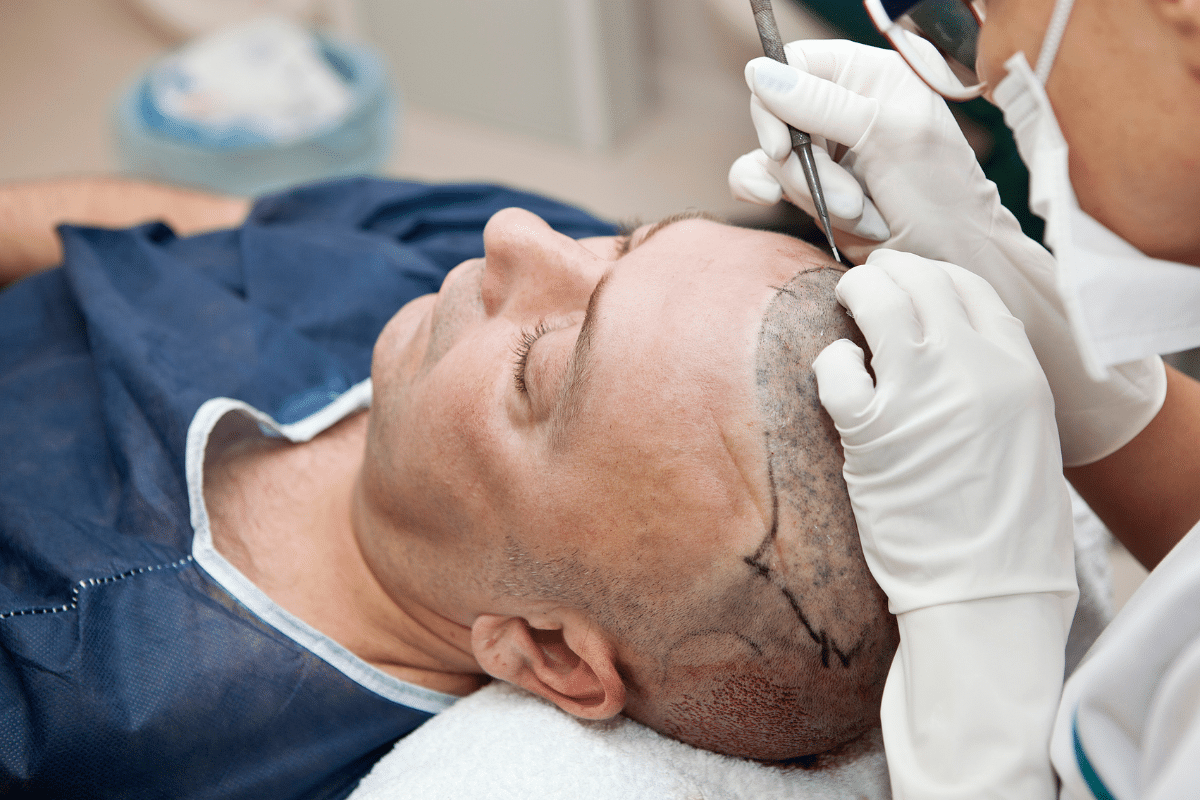Congratulations on your successful hair transplant procedure! The journey to restoring your hair is a significant step, but the aftercare process is just as crucial for achieving optimal results. At Anagen Hair Restoration, we understand the importance of proper aftercare, and we’re here to provide you with comprehensive guidance on post-transplant recovery.
Immediate Post-Procedure Care
Follow Your Surgeon’s Instructions:
After your hair transplant, your surgeon will provide specific post-operative instructions tailored to your needs. It’s vital to follow these guidelines diligently. These instructions typically include details about washing your hair, avoiding certain activities, and taking prescribed medications. Adhering to these guidelines will promote healing and reduce the risk of complications.
Rest and Recovery:
After the hair restoration procedure, rest is crucial. Avoid strenuous activities for at least a week to prevent any strain or potential harm to the newly transplanted hair follicles.
Medication:
Follow your surgeon’s prescribed medication regimen, which may include antibiotics to prevent infection and pain medication for comfort.
Avoid Sun Exposure and Intense Physical Activity:
Protect your newly transplanted hair follicles from direct sunlight, especially in the first few weeks. Wear a hat or use an umbrella when outdoors. Additionally, avoid intense physical activities and sweating for a few weeks to prevent irritation and infection in the treated area.
Hair Washing and Cleaning:
Follow your surgeon’s instructions for hair washing. Typically, you can start washing your hair gently with a mild shampoo after a few days. Avoid excessive rubbing or scratching. After washing, let your hair airdry. Do not rub or use a hairdryer on high heat during the early recovery stages. Avoid using hair styling products, such as gels or hairsprays, for at least two weeks post-surgery. These products can irritate the scalp.
Avoid Irritants:
Avoid Smoking and Alcohol. Smoking and alcohol can hinder the healing process and affect hair growth. It’s advisable to refrain from these substances during your recovery.
Stay Hydrated and Maintain a Healthy Diet:
Proper hydration and a balanced diet are essential for overall health and hair growth. Drink plenty of water and consume nutritious meals rich in vitamins and minerals. Adequate hydration and nutrients support the healing process and promote hair follicle health.
Attend Follow-Up Appointments:
Regular follow-up appointments with your surgeon are crucial for monitoring your progress. These appointments allow your surgeon to assess the healing process, address any concerns you might have, and make necessary adjustments to your aftercare routine.
Ask Questions:
Don’t hesitate to ask your surgeon any questions or seek clarification on post-operative care instructions.
Be Patient and Manage Expectations:
Remember that the results of your hair transplant will not be immediately visible. Hair growth is a gradual process, while some initial growth might be visible within a few months, it may take several months to see significant improvements. Be patient and continue to follow your surgeon’s aftercare advice diligently.
Ready to start your hair transplant journey with us? Contact Anagen Hair Restoration today to schedule a consultation and discover how we can help you achieve the natural-looking, fuller hair you desire.
At Anagen Hair Restoration, we are committed to your hair restoration journey from start to finish. Our experienced team will provide you with personalized guidance and support throughout your recovery, ensuring the best possible results. Our network of trusted dermatologists, surgeons, and surgical technicians ensure you’ll receive the best care at the most convenient location for you in Maryland, Washington DC, Virginia and New Jersey. Contact us today at (301) 591-6552 to schedule a consultation and learn more about your hair restoration options or visit anagenhairrestoration.com for more information.





